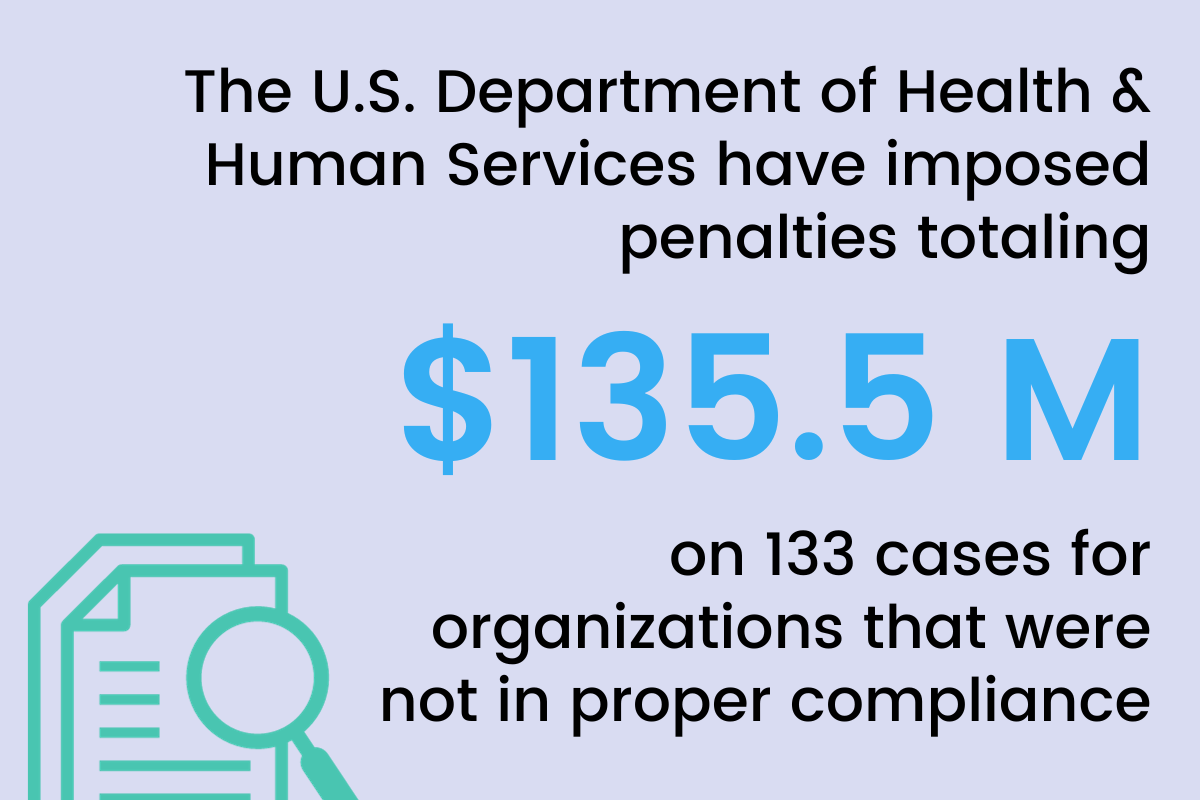2 min read
Maintaining Regulatory Compliance in Health Care with Incident Management Software
Performance Health Partners
July 17, 2023

Regulatory compliance in health care is a non-negotiable aspect of the industry. It ensures patient safety, reduces risks, and upholds the integrity of health care providers. However, meeting these stringent compliance regulations for health care can be challenging, particularly without the right tools.
According to the American Hospital Association, there are 341 discrete regulatory requirements that hospitals must comply with. This leads to an average spending of $7.6 million for an average sized hospital as well as dedicating 59 full-time employees solely to regulatory compliance matters per year. This is where incident management software comes into play, as it provides detailed audit trails, improves documentation, and bolsters compliance efforts.
To illustrate this, let's begin with a recent case involving a behavioral health provider.
A Tale of Compliance and Consequences
In December 2022, a Wisconsin-based behavioral health care provider was slapped with a hefty fine by the Occupational Safety and Health Administration (OSHA). The root of the issue was not a catastrophic event but a rather mundane one: a nurse had been accidentally spiked with a needle stick.
Although the incident didn’t result in any loss of work time or impacts on patient safety, it unveiled several safety and health failures that led to four citations, three of which were serious:
- Failure to maintain a proper work injury log
- Failure to correctly record the needle stick incident in its injury log
- Failure to include specific jobs in its exposure control plan
The provider swiftly addressed the citations, rectifying the issues within 24 hours, and promised further training for its employees. However, this case demonstrates how an incident management software could have prevented these fines and citations by ensuring detailed audit trails and maintaining regulatory compliance in health care.

The Intersection of Incident Management Software & Regulatory Compliance in Health Care
With its detailed audit trails, incident management software provides an efficient solution to meet such regulatory requirements for health care. It maintains an immutable log of all incidents, ensuring that any irregularities are appropriately documented. The software enables the capture of specific details about each safety incident, including date, time, personnel involved, and the response, thereby reducing the likelihood of missing or inaccurate records.
Incident reporting technology can support health care organizations in various ways:
- Real-time documentation: The software provides a platform for immediate logging of incidents and other safety events, thus providing real-time and accurate data.
- Improved accuracy: Having accurate data is extremely important to avoid large fines. The U.S. Department of Health & Human Services have imposed penalties totaling $135.5 million on 133 cases for organizations that were not in proper compliance. Incident reporting software reduces the chances of human error in documentation, resulting in precise and dependable records.
- Structured data storage: The software organizes the data systematically, which helps in easy retrieval and analysis.
- Detailed audit trails: Every action associated with a safety incident is meticulously recorded, providing a comprehensive history essential for audits.
- Compliance reports: The software can generate tailored reports that can meet specific regulatory compliance examples of different agencies.
Given these benefits, it is evident how incident management software would have been a game-changer in the behavioral health provider scenario outlined above.
Compliance Regulations for Health Care: More Than Just a Checkmark
Rather than perceiving regulatory compliance in health care as a burdensome obligation, organizations should approach it as an active commitment to safety and accountability. The challenge of achieving General Data Protection Regulation and HIPAA compliance, both of which rank in the top five most difficult regulatory requirements, highlights the necessity of an efficient and reliable system.
Focusing on detailed audit trails in health care regulatory compliance is a vital step organizations can take to avoid costly fines, and more importantly, ensure the safety of both patients and staff.
The case of the behavioral health provider serves as a powerful reminder of the importance of regulatory compliance in health care. It emphasizes the need for dependable incident management software, a tool that not only helps organizations stay compliant but also aids in building a safe and responsible health care environment. After all, a proactive approach to compliance and risk management in healthcare is better than reactive remediation.
Ready to learn more?
Begin your journey towards a more compliant and safer health care organization today. Connect with our team to learn more about Performance Health Partners’ best-in-class health care compliance solutions.


